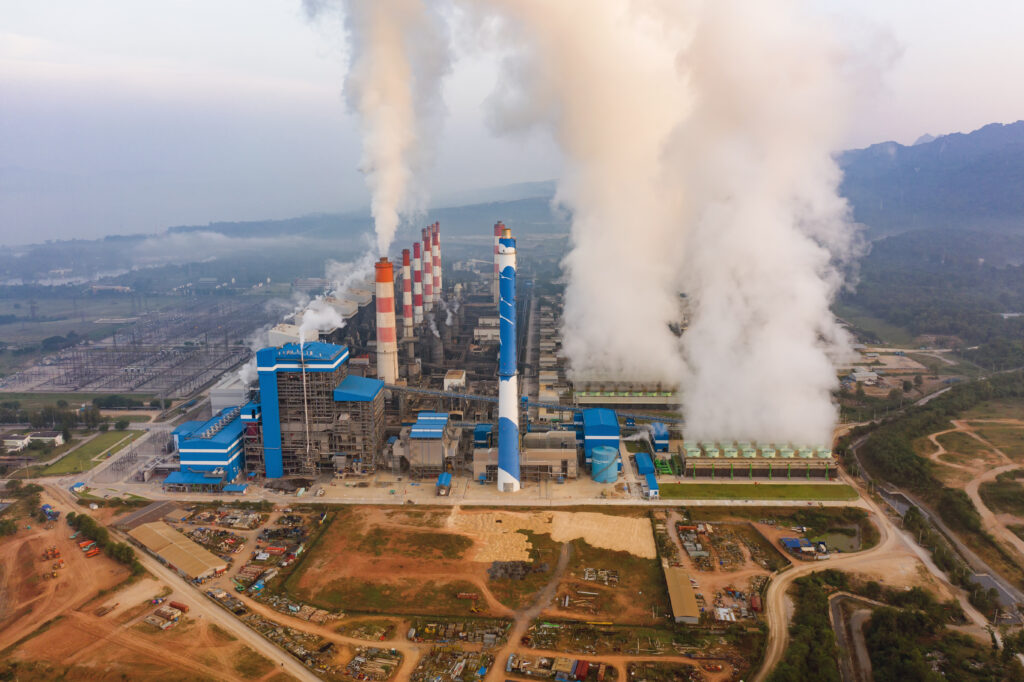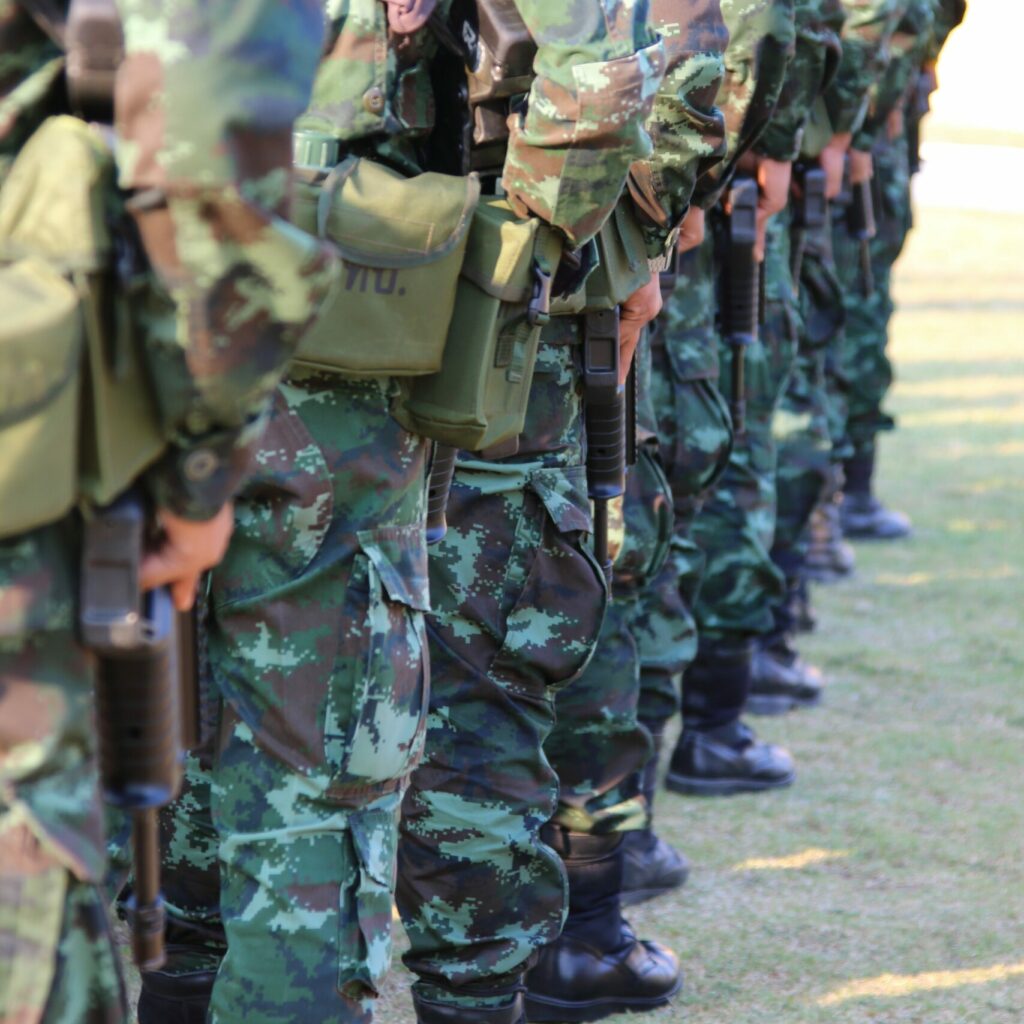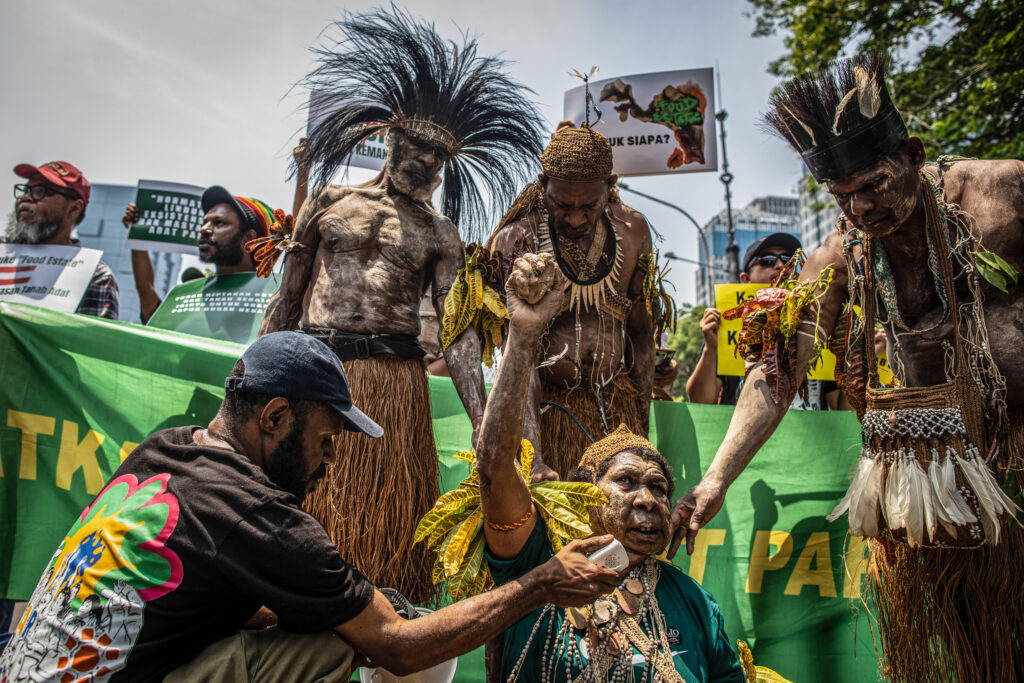Totalitarianism, authoritarianism, militarism and racism are the “isms” that have traditionally been the opponents of legal aid workers. These “isms” contradict the values of democracy and supremacy of just law and human rights. Many legal aid workers and activists often confront agents or actors behind these “isms”. In this context, the activists of the Indonesian Legal Aid Foundation (LBH) struggled together with civil society organizations in fighting the “New Order” led by then President Soeharto, who represented the authoritarian government in Indonesia.
LBH, the biggest legal aid organization in Indonesia, has entered the third stage of its historical development. The first stage was the establishment of the first LBH in Jakarta, a pilot project of the Indonesian Advocates Association (Peradin) on 20 October 1970. The establishment of provincial LBHs in major cities nationwide soon followed. The pilot project was started mainly because of the need to provide access to justice to the poor people in the country.
The second phase was marked by the founding of an association of dozens of LBHs. This association was named Indonesian Legal Aid Foundation (Yayasan Lembaga Bantuan Hukum) on 13 March 1980. From then on, LBH turned into an independent non-governmental organization (NGO) and no longer affiliated with Peradin. The third phase was marked by the revision on 26 September 2002 of the organization’s statutes, changing an organization that was commonly considered as the ‘locomotive of democracy’1 by the national media.
Thus far LBH has offices in 14 provinces. It is well-known in the media because of its noted and popular individuals who are multi-awarded (domestically and internationally) human rights fighters.
Download Indonesian Legal Aid Foundation: Struggling for Democracy and its Own Sustainability (PDF, English)



